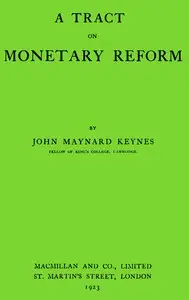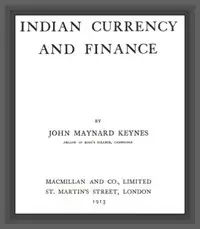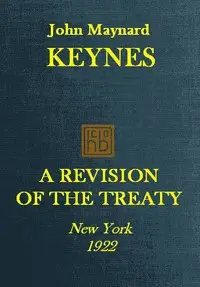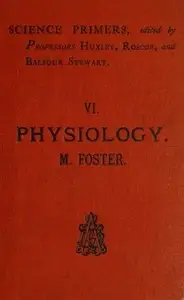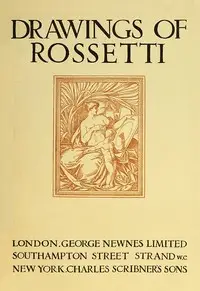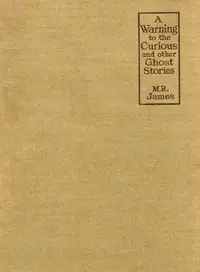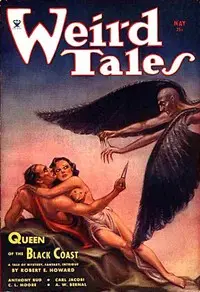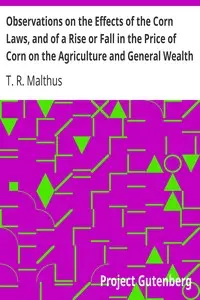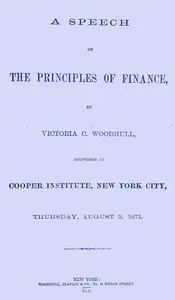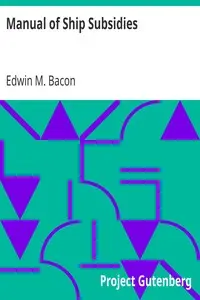"The Economic Consequences of the Peace" by John Maynard Keynes is a critical economic and political analysis written in the early 20th century. The work focuses on the implications of the Treaty of Versailles and the overall peace settlement following World War I. It examines the economic landscape of Europe post-war and discusses the potential negative outcomes of the treaty on European economies, particularly that of Germany, asserting that the terms may lead to widespread suffering and instability. The opening of the text introduces Keynes's perspective as someone who was closely involved with the Paris Peace Conference, emphasizing the precarious economic situation present in post-war Europe. He notes humanity's tendency to become accustomed to an unstable economic environment and critiques the Allied powers, particularly France and Britain, for potentially exacerbating an already volatile situation through harsh peace terms. Specifically, he emphasizes that the economic decisions made during the peace negotiations could lead to further ruin rather than restoration, igniting a sense of urgency regarding the future stability of Europe. (This is an automatically generated summary.)
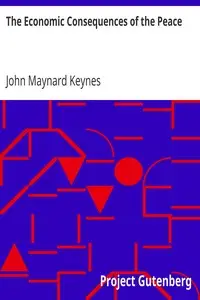
The Economic Consequences of the Peace
By John Maynard Keynes
"The Economic Consequences of the Peace" by John Maynard Keynes is a critical economic and political analysis written in the early 20th century. The w...
John Maynard Keynes, 1st Baron Keynes, was an English economist and philosopher whose ideas fundamentally changed the theory and practice of macroeconomics and the economic policies of governments. Originally trained in mathematics, he built on and greatly refined earlier work on the causes of business cycles. One of the most influential economists of the 20th century, he produced writings that are the basis for the school of thought known as Keynesian economics, and its various offshoots. His ideas, reformulated as New Keynesianism, are fundamental to mainstream macroeconomics. He is known as the "father of macroeconomics".

